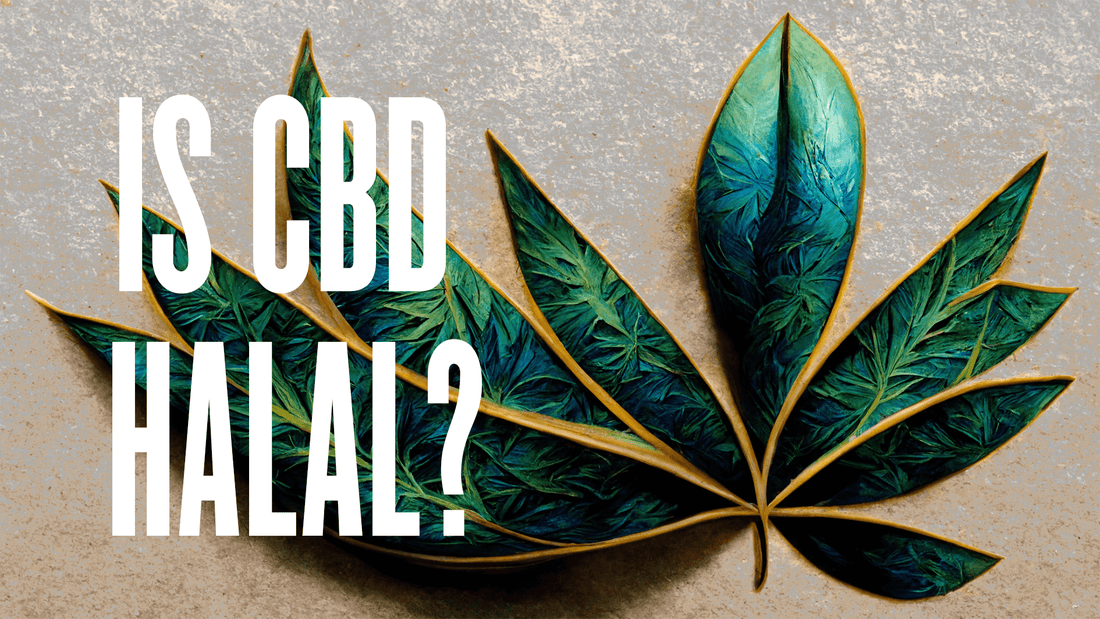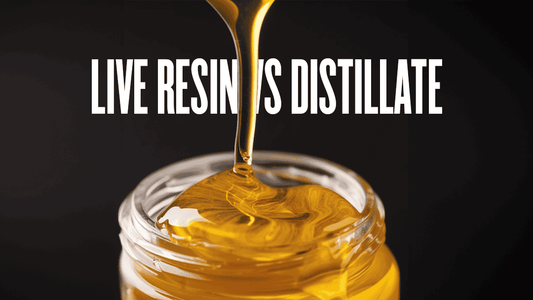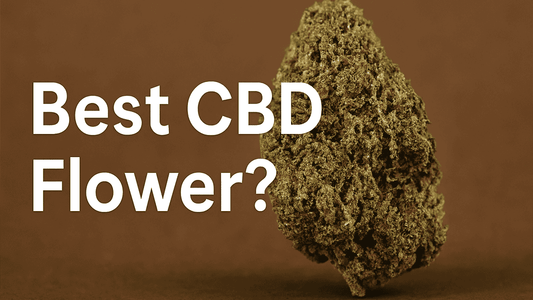CBD, or cannabidiol, is a popular natural remedy for various conditions, including anxiety, pain, and inflammation. But is CBD halal? This is an important question for many people who follow Islamic dietary laws.
What Does Halal Mean?
First, let's define what it means for something to be halal. In the Islamic faith, "halal" refers to anything permissible according to Islamic law. This includes food, drink, other consumables, and specific actions and behaviours. Food that is deemed halal is food that is permissible to eat according to Islamic law.
Is CBD Halal?

Now, let's turn to the question of CBD. Is it halal? The answer is yes; CBD is considered halal. This is because CBD is derived from the hemp plant, regarded as permissible according to Islamic law. Hemp has been used for centuries in many Islamic countries for various purposes, including producing paper, textiles, and food.
It's important to note that not all CBD products are halal. This is because some CBD products may be made with ingredients that are not permissible according to Islamic law. For example, some CBD products may be made with alcohol, which is not considered halal. Therefore, reading the ingredient list on any CBD product you are considering is essential to ensure it does not contain non-halal ingredients.
Can Muslims Get High Off Weed?

The conversation of getting high is an important point for many people who follow the Islamic faith and want to know whether using marijuana is permissible.
First, let's define what it means to be high. Getting high refers to the psychological effects of marijuana, which can include feelings of euphoria, relaxation, and altered perception. These effects are caused by the chemical compounds in marijuana, known as cannabinoids, which interact with the brain's endocannabinoid system.
Now, let's turn to whether Muslims can get high off weed. Unfortunately, the answer is no; it is not permissible for Muslims to get high off weed. This is because marijuana is considered a forbidden substance in Islam. In the Islamic faith, intoxicating substances are strictly prohibited, as they are deemed harmful to individuals and society.
It's important to note that some Muslims may argue that marijuana has medicinal properties and should be allowed for medical use. While this is a valid argument, it is ultimately up to individual Muslims and their religious authorities to decide whether the use of marijuana for medical purposes is permissible.
It is not permissible for Muslims to get high off weed, as the use of intoxicating substances is strictly prohibited in Islam. Therefore, while there may be arguments for the medical use of marijuana, it is ultimately up to individual Muslims and their religious authorities to decide whether this is permissible.
Which Religions Permit The Use Of Cannabis?

First, let's define what it means for a religion to permit something. In this context, allowing something implies that the faith has no specific prohibitions against it. However, it's important to note that different religions have different views on marijuana, and some may have more nuanced positions on the issue.
Now, let's turn to the question of which religions permit the use of cannabis. The answer will vary depending on the specific faith in question. Here are a few examples:
- Hinduism: Hinduism does not have any specific prohibitions against marijuana use. Some Hindu sects have traditionally used marijuana in religious rituals. However, Hinduism also emphasizes the importance of moderation and self-control so that excessive marijuana use may be discouraged.
- Buddhism: Like Hinduism, Buddhism has no specific prohibitions against marijuana use. However, Buddhism emphasizes the importance of mindfulness and living in the present moment so that excessive marijuana use may be discouraged.
- Rastafarianism: Rastafarianism is a religion that originated in Jamaica and is based on the teachings of Marcus Garvey. Rastafarians believe that marijuana, called "ganja," is a sacred herb that brings them closer to God. As such, the use of marijuana is considered a religious ritual in Rastafarianism.
It's important to note that not all religions permit the use of marijuana. We've already covered how Islam strictly prohibits intoxicating substances, including marijuana.
It is important to note that not all religions permit the use of cannabis, and many religious leaders and organizations have spoken out against its use. Additionally, the laws surrounding the use of cannabis vary from place to place, and it is essential to be aware of and abide by the rules in your area.

 4.6 Rating. Excellent.
4.6 Rating. Excellent.




